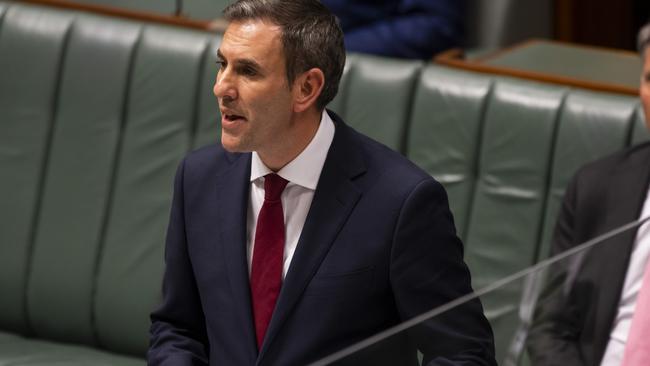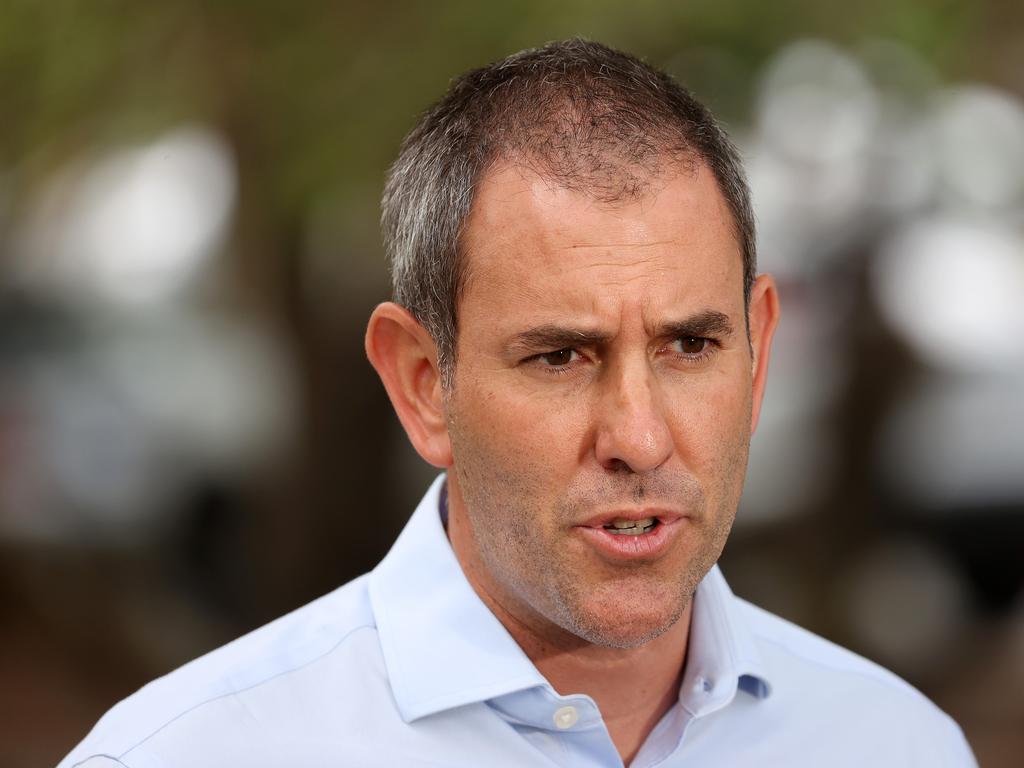
A one-off commodity-driven revenue surge, which could deliver a small surplus in calendar year 2022 before a rapid deterioration, looms as a trap for Labor by obscuring the urgent need for fiscal repair.
The true scale of the problem was set out in the October budget. Australia faces slowing economic growth, rising interest rates, climbing unemployment, higher debt and growing deficits.
No solutions were provided. The hard decisions were all deferred.
This was part of a deliberate strategy. Chalmers said it was just the “first of three or four budgets this term” and the government was “putting the foundations down”.
In May, it’s crunch time. The government has to provide some answers. The only problem is that Labor appears unsure of what they are.
Channelling Scott Morrison’s mantra throughout the pandemic, Anthony Albanese has flagged the promotion of a growth agenda to improve the budget position.
But he remains noncommittal on whether the government will seriously pursue fiscal repair in May through major changes on the spending or revenue sides.
Labor needs to think bigger and prepare the ground for a bolder agenda. And it needs to start the process of managing political expectations now.
A go-slow approach will only entrench doubts the government has a fiscal strategy and also risk surprising people with bad news if the budget does include some tough medicine.
The lesson of the backlash against Tony Abbott’s failed $7 GP co-payment in 2014 still rings true.
The government’s objective should be to start closing the annual $50bn structural deficit and to chart a path, over the decade, towards the budget being within reach of surplus.
This will require political courage and, so far, the government has shown little.
The October budget revealed that policy decisions taken since the election had weakened the bottom line by nearly $10bn over the forward estimates, and that the deficit would increase from 1.5 per cent in 2022-23 to 1.9 per cent in 2032-33.
Inaugural Productivity Commission chairman Gary Banks has already identified the key challenge ahead — reining in excesses on the spending side by standing up to the political power of interest groups that refuse to accept budget savings in their patch.
Banks warns that much-needed reforms that could generate a net social benefit are now being sacrificed on the altar of political expediency.
The classic example is the NDIS.
While most Australians will never be supported by the scheme, within four years it will cost the taxpayer $51.8bn – or about $16bn more than Medicare.
How seriously Labor addresses these challenges in May will reveal what kind of government it is.
But it will also shape the future of Australia. Will there be resistance to, or acceptance of, a new era of bigger government, permanent deficits and never-ending debt?








Jim Chalmers must use the May budget to set out Labor’s vision for the future and make the hard decisions to put the nation’s finances back on track.